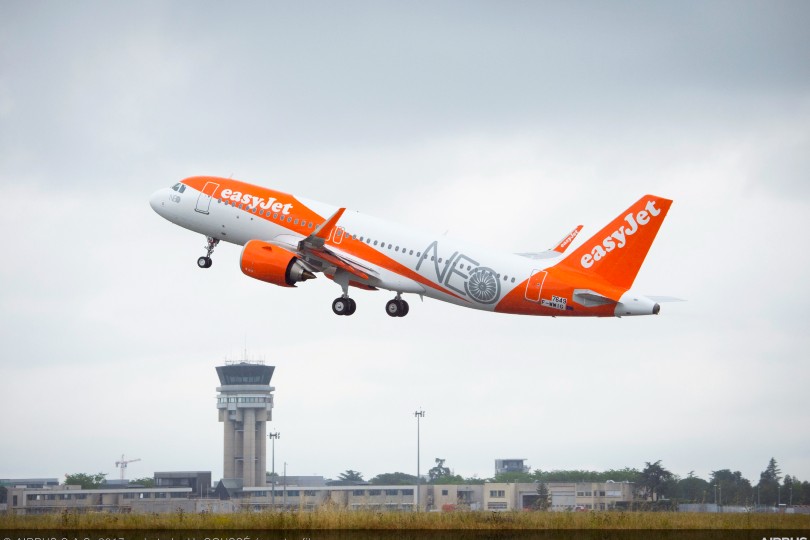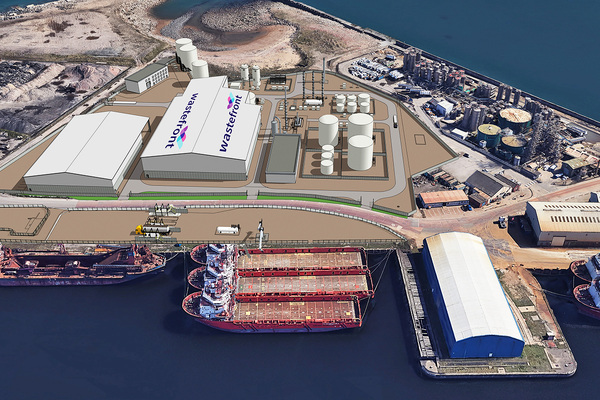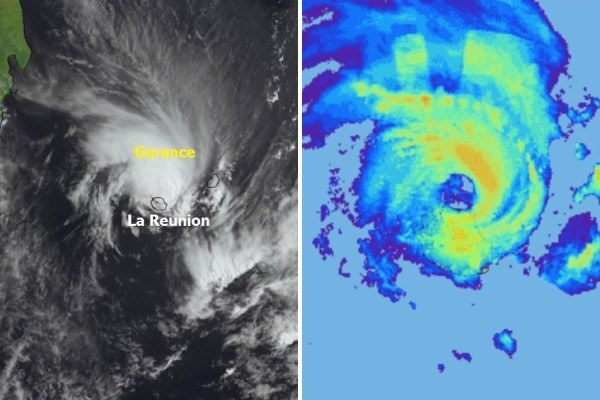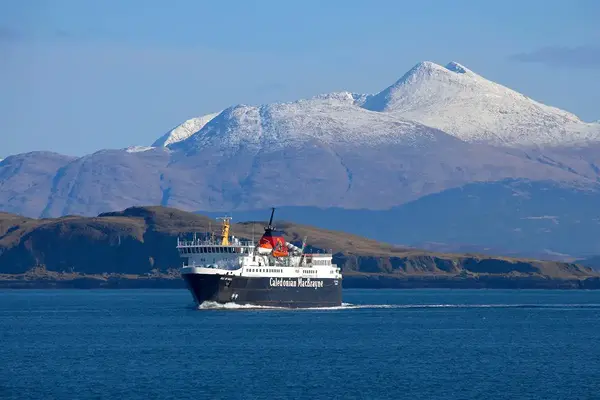EasyJet orders additional 56 Airbus A320neo aircraft
 James Chapple
James ChappleEasyJet has placed an order for 56 new Airbus A320neo aircraft and converted an existing order for another 18 to Airbus A321neos instead.
The A321s will be delivered between easyJet’s 2024 full year (year to 30 September 2024) and its 2027 full year (year to 30 September 2027). The A320s, meanwhile, are due for delivery between the airline’s 2026 full year (year to 30 September 2026) and 2029 full year (year to 30 September 2029).
EasyJet said the move would firm up its order book and fleet renewal plans to calendar year 2028 and deliver greater seat capacity, as well as cost and sustainability benefits. It is dispensing with its 156-seat A319s and older 189-seat and 186-seat A320s and replacing them with new 186-seat A320s and 235-seat A321neos.
The airline said the decision would reduce costs, add capacity and ensure greater fuel efficiency. "The new aircraft will continue the modernisation of the easyJet fleet," said the airline on Tuesday (21 June).
Johan Lundgren, easyJet chief executive, added: “The proposed purchase firms up our orders with Airbus between FY2026 and FY2029, continuing the company’s fleet refresh as the older A319s and A320s leave the airline and new A320 and A321neo aircraft enter, providing benefits to easyJet through up-gauging, cost efficiencies and sustainability enhancements.
"We believe this will support positive returns for the business and the delivery of our strategic objectives.”
EasyJet said with there being no Airbus delivery slots until 2027, the order was vital to sustaining its route network, which "depends on timely delivery of aircraft". The new aircraft will replace older models which easyJet said would become "economically unviable" to "maintain the current scale" of its "high intensity, low-cost operation".
They have been purchased under easyJet’s 2017 agreement with Airbus, which easyJet said meant they were secured at a price "very substantially" below Airbus’s list price. The agreement also gives easyJet flexibility to convert A320neo orders into orders for A321neos instead.
According to easyJet, the new aircraft will deliver 15-25% fuel efficiency savings, "significantly reducing" the carrier’s fuel costs and overall cost base, as well as the cost of complying with new environmental regulations.
"The costs of carbon emissions will increase significantly over the next few years, and increased fuel efficiency will lead to a proportional reduction in carbon emissions," said easyJet. "Additionally, some airports provide discounted fees for new-generation aircraft, further enhancing the economic benefits.
"The new aircraft are aligned with easyJet’s sustainability strategy, with the adoption of the more efficient new technology aircraft being a core component of easyJet’s path to net zero emissions. Alongside this, the new aircraft are significantly quieter, with half the noise footprint of the older aircraft they are replacing."
More cost efficiencies will come from greater capacity, with the cost of each flight "spread across a greater number of passengers".
The order will "substantially complete" easyJet’s 2013 agreement with Airbus. It will be financed over several years through easyJet’s internal resources, cash flow, sale and leaseback transactions, and debt.
EasyJet does not anticipate asking shareholders to fund the order.
Sign up for weekday travel news and analysis straight to your inbox
Supplier Directory
Find contacts for 260+ travel suppliers. Type name, company or destination.














